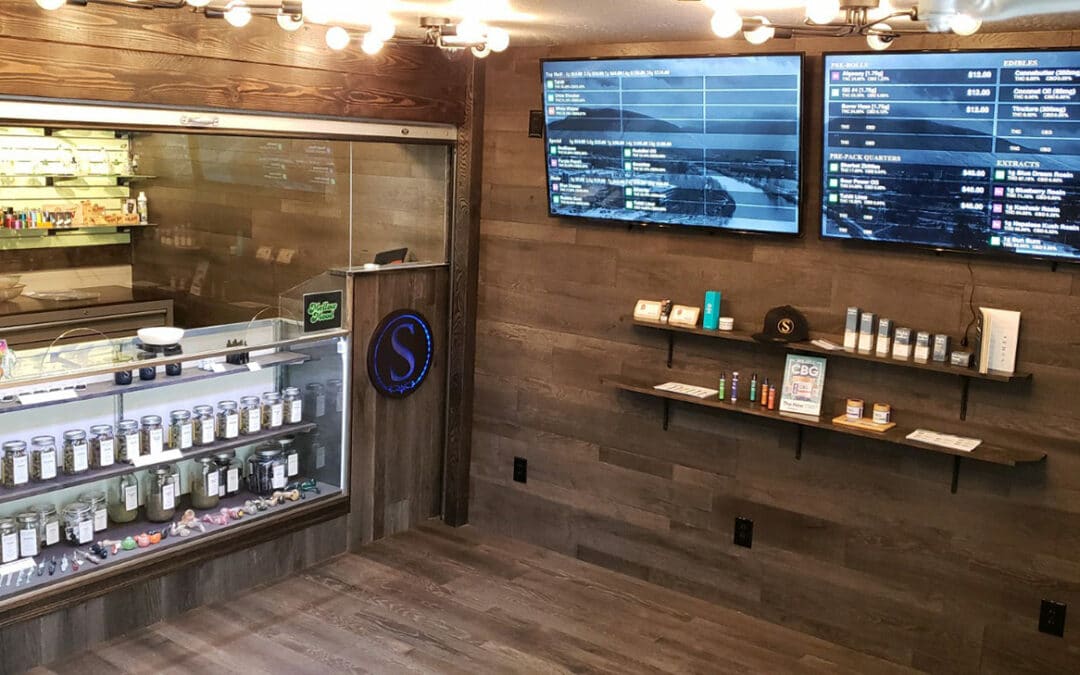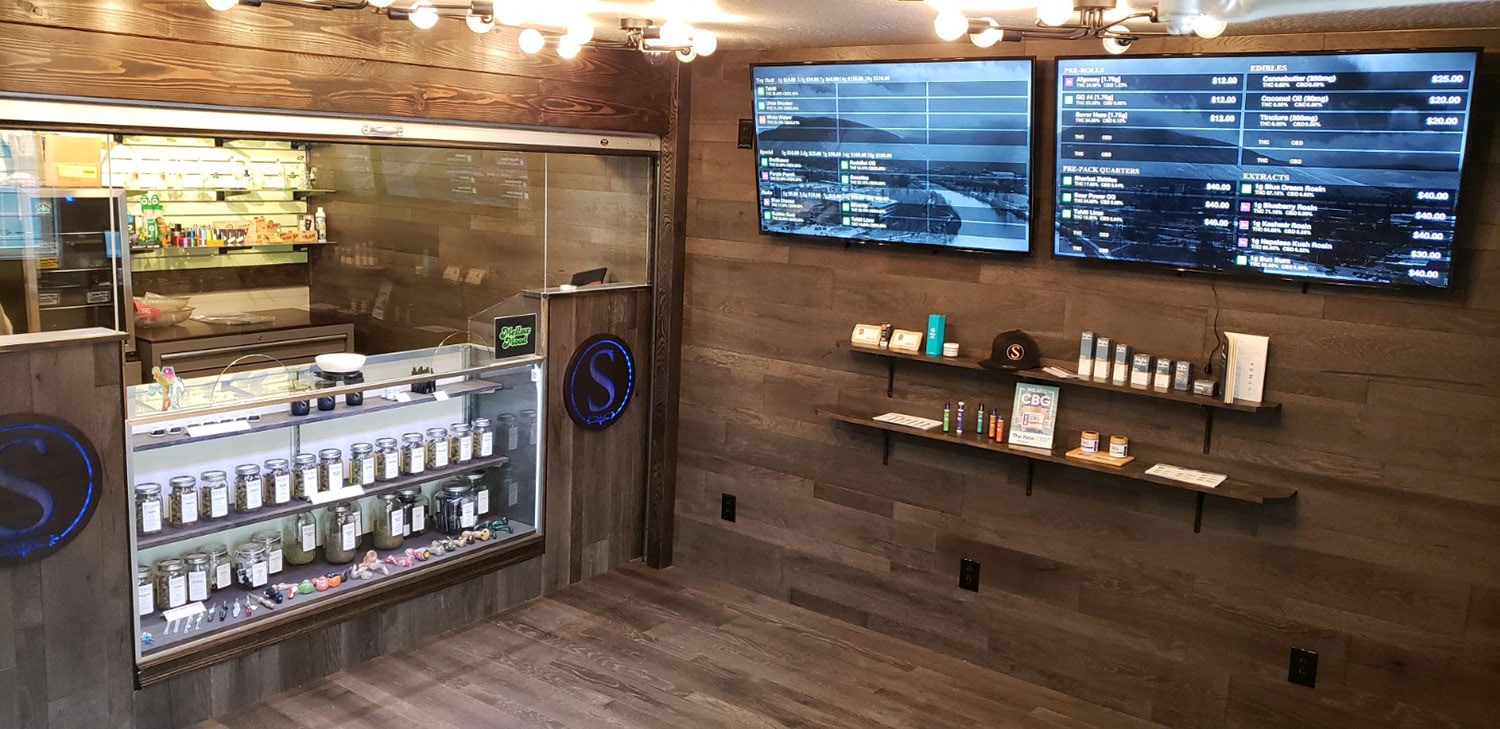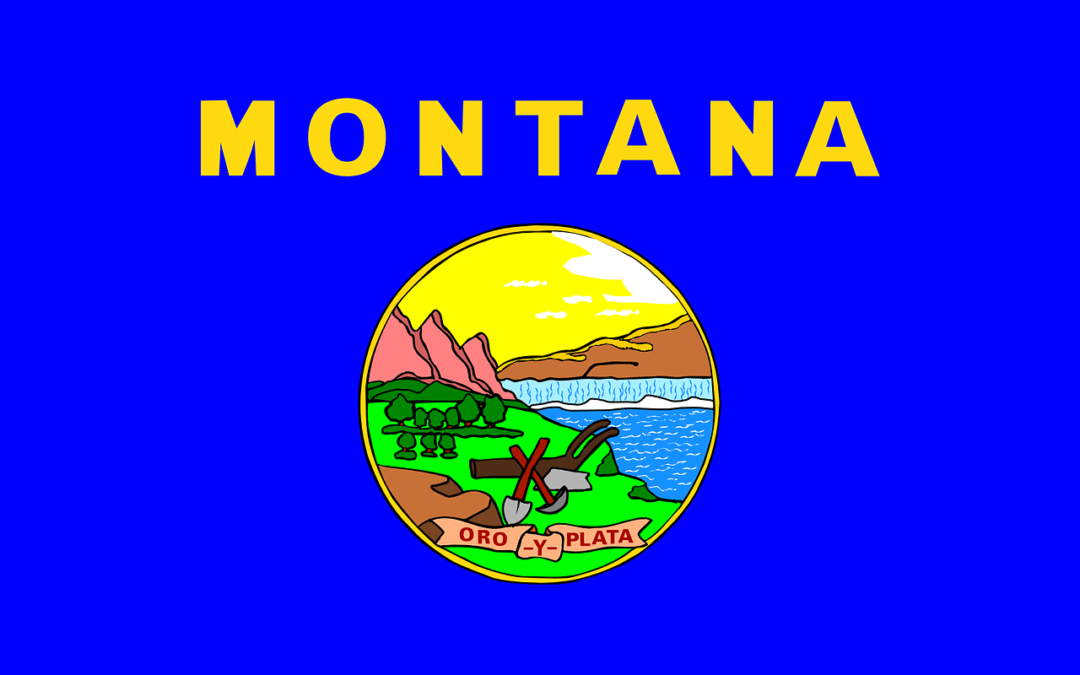
Montana recreational cannabis sales top $43 million in first quarter of 2022

In its first three months of operation, Montana recreational cannabis sales have surpassed $43 million, resulting in nearly $9 million in tax revenue for the state.
According to the state’s Department of Revenue, Montana recreational cannabis produced $43,537,110 in sales, compared to medical cannabis which generated $29,373,731 in sales during the same period.
Voters approved a ballot initiative to legalize Montana recreational cannabis in 2020, the same year three other states — Arizona, South Dakota and New Jersey — passed similar measures. However state officials wouldn’t approve regulations for a legal cannabis marketplace until October 2021.
This late action created a short deadline for the state’s Department of Revenue Cannabis Control Division to build out the framework for legal sales in Montana.
“The deadlines are aggressive,” Kristan Barbour, administrator of the Department of Revenue’s Cannabis Control Division, said at the time. “Really, the rules are our biggest challenge.”
“Our focus was really to be business-friendly and to try to work with the industry in a fashion that makes the rules adaptable to their current business structure and that they’ll be able to evolve into without a whole lot of pain,” Barbour added.
However despite the delays and tight deadlines, the Montana recreational cannabis market opened right on time, New Years Day 2022. On January 1 an estimated 380 dispensaries opened their doors in 29 counties across the state.
The state brought in an estimated $1.5 millions in adult-use sales in the opening weekend, a number that would snowball over the next couple months. While money isn’t the only reason a state like Montana would legalize cannabis, it is at the top of the list.
According to the Marijuana Policy Project, states have generated over $11 billion in tax revenue through legal cannabis. On average, a state with adult-use cannabis sales generated more than $3.7 billion in total revenue in 2021.
However another growing reason for multiple states legalizing cannabis is the failing War on Drugs. In 2018, 40% (yes, 40%) of all drug arrests in the US were for cannabis, typically possession. Think about the resources and dollars that go into arresting, processing, and housing all of these mostly non-violent offenders.
In March the Montana Supreme Court issued temporary rules for procedures that would allow those with past cannabis-related convictions to have them expunged. The state’s new cannabis law says “anyone convicted of an offense that would now be legal in the state can petition to have their conviction removed from their record, get a lesser sentence for it or reclassify it to a lesser offense,” according to local television station KPAX.
Just for comparison, Oklahoma, an equally red state with just a medical cannabis program that launched in 2019 brought in nearly $500 million in its first year of sales. Then the state nearly doubled that number in 2020.
Comparatively Montana recreational cannabis sales seem pretty miniscule. However it has only been three months. Should the trend continue, the state could easily see over $200 million in sales its first year.










